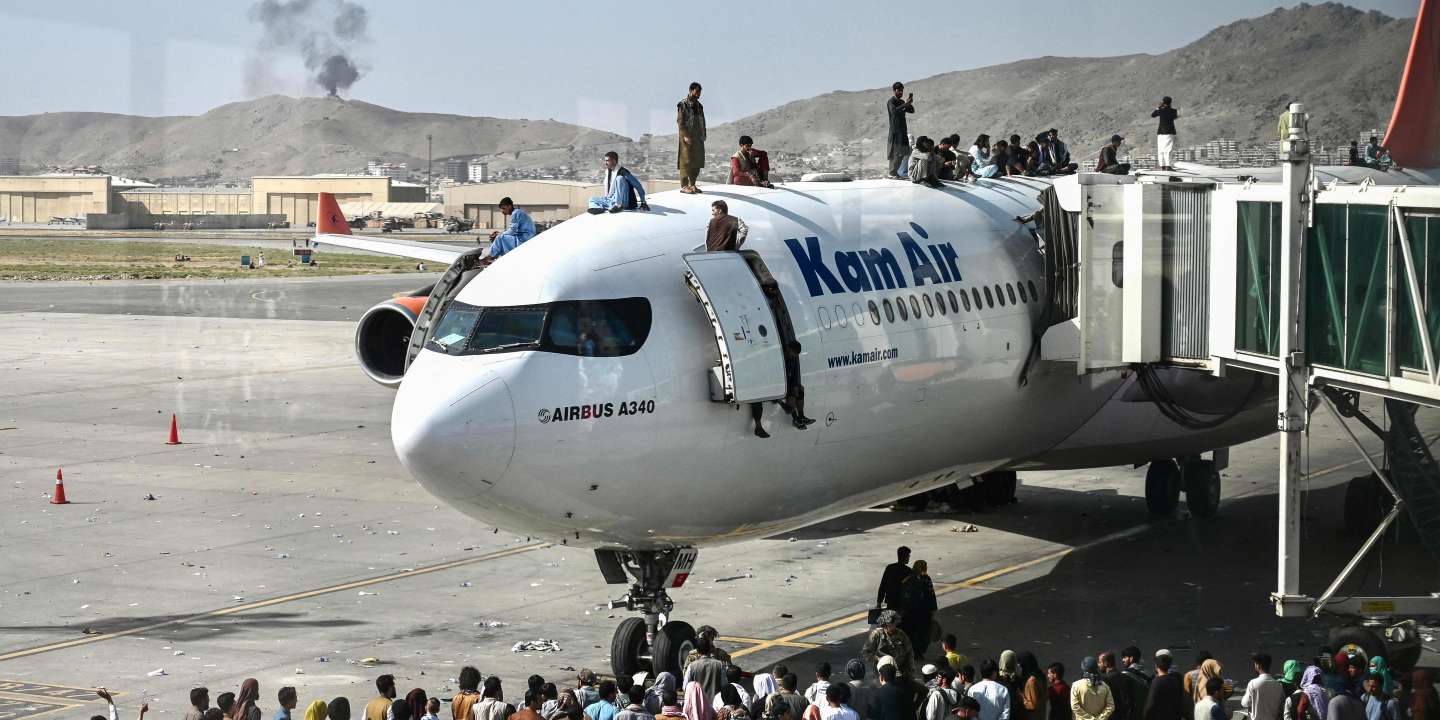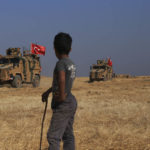The problem of Afghan refugees is likely to remain on Turkey’s agenda for some time to come. The country is already home to the world’s largest number of displaced people.
There is a difference between Turkey’s obligations under the 1951 Geneva Convention on Refugees and those of the EU member countries. All EU countries are obliged to receive eligible refugees. They cannot send an Afghan refugee back to Afghanistan. The European Court of Human Rights recently urged the Austrian government to postpone the expulsion of an Afghan refugee. There are other EU governments that are equally opposed to the arrival of Afghan refugees. Despite this, EU countries remain the final destination of almost all Afghan exiles.
Turkey’s obligations toward Afghan refugees are slightly different. Ankara has established a geographical limitation with regard to refugees from non-European countries because it was unable to stop their influx mainly from Middle Eastern countries. As a result, Turkey may send Afghan refugees back to their homeland.
Despite this, Turkish President Recep Tayyip Erdogan last week said that while Turkey has no plan to reject every Afghan refugee, it will not keep its doors open to all refugees either. His cautious words indicate that he will try to strike a balance between the urgent need of Afghans to escape the looming disaster in their country and Turkey’s limited means to accommodate them or channel them toward their final destination in the EU countries.
The Afghan refugee issue is a complicated one for Turkey. Among the exiles are Uzbeks, who have a linguistic kinship with Turks. Marshal Rashid Dostum, the former deputy president of the Afghan republic, claims to represent Afghan Uzbeks and is held in high esteem by the Turkish government. He is at odds with various Taliban factions of Pashtun origin. Turkey is unlikely to oppose the Uzbeks’ arrival in the country.
Turkish media last week reported the arrival of a truck carrying Afghan refugees in the Sultangazi district of Istanbul. This mysterious midnight operation indicates that either there is an organized operation or something is being done without the knowledge of the Turkish authorities.
While Turkey has no plan to reject every Afghan refugee, it will not keep its doors open to all refugees either
Yasar Yakıs
Another reason for Turkey to be selective is that the refugees may include Taliban agents. Taliban prisoners have been freed in several provinces seized by the militia, so scrutiny is a must.
While adjusting its policy based on the arrival of Afghan refugees, Turkey may also strike a deal with the EU to keep a certain number in the country in exchange for a grant of a few billion euros. This would help alleviate Ankara’s desperate need for foreign currency on the one hand and meet Turkish industry’s need for cheap labor on the other. So far, Syrian refugees have mainly been employed as cheap labor. Now, Afghans can help meet the need for migrant workers in certain provinces of the country.
However, this poses both political and ethical problems. Political because migrant labor steals the jobs of Turkish workers, and ethical because the Turkish government turns a blind eye to industries that use cheap labor without any social protection. Turkey’s decision-makers will have to take into account the discontent of the electorate as well as industry’s need for low-cost labor.
What is missing in this reasoning is that the EU is willing to finance only projects designed to meet refugees’ basic needs and welfare. Any funding will have a limited effect in alleviating Turkey’s foreign currency problems.
The longer-term social effects of the refugee influx are more important than other aspects. There are an estimated 3.5 million Syrian refugees in Turkey, but this number may be above 4 million if unregistered Syrians are taken into account. Reliable sources claim that 500 to 2,000 Afghan refugees enter Turkey every day. Their total number in Turkey is estimated to be around 600,000.
Iran may not be able to stem the flow of new waves of refugees wishing to leave Afghanistan. If millions of new Afghan exiles are added to these figures, around 7 percent of Turkey’s population will be made up of refugees.
Turkish government agencies are simply not organized or equipped to handle the influx of such a large group.
• Yasar Yakis is a former foreign minister of Turkey and founding member of the ruling AK Party. Twitter: @yakis_yasar
Source: Arab News
***Show us some LOVE by sharing it!***



